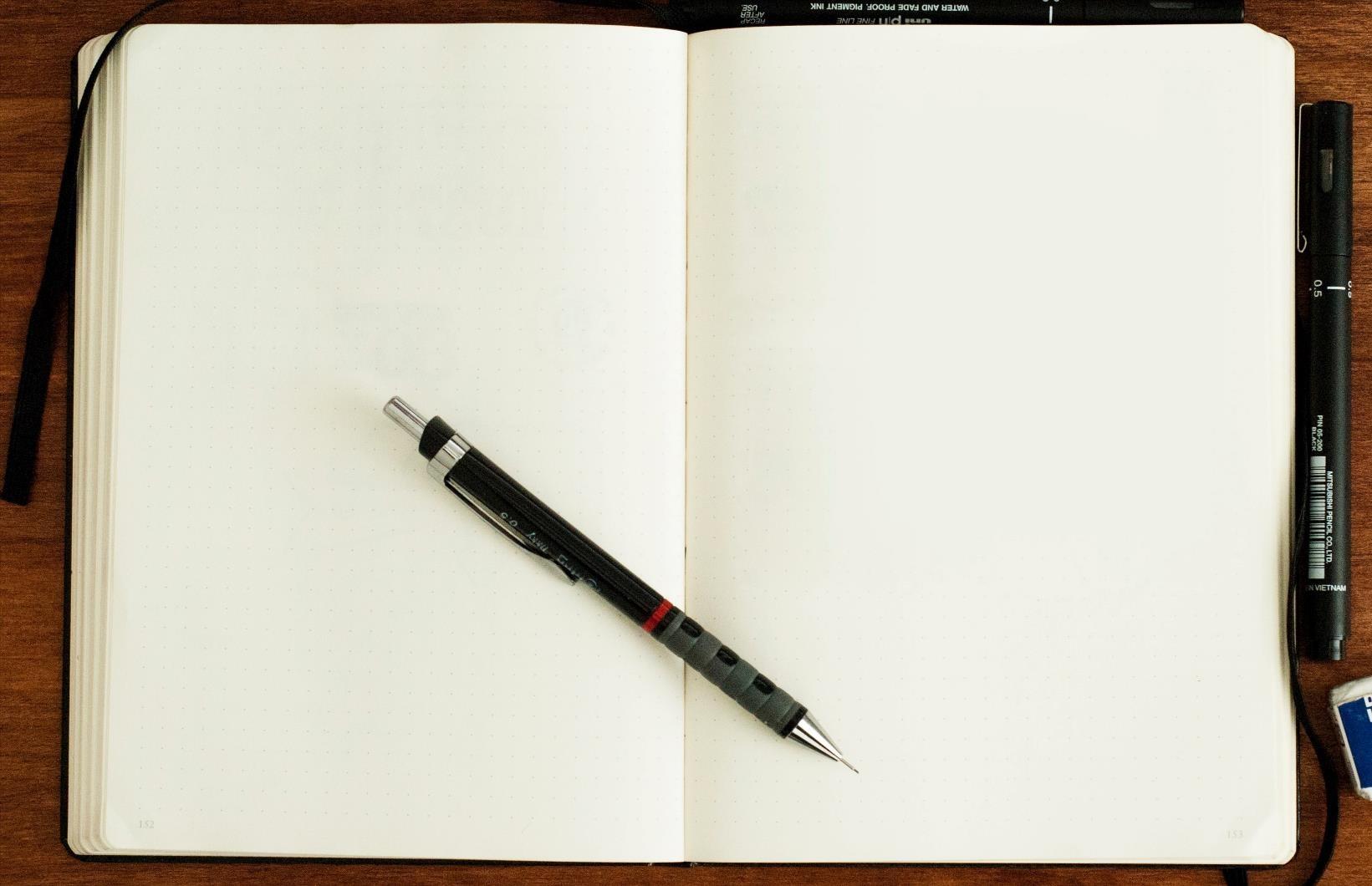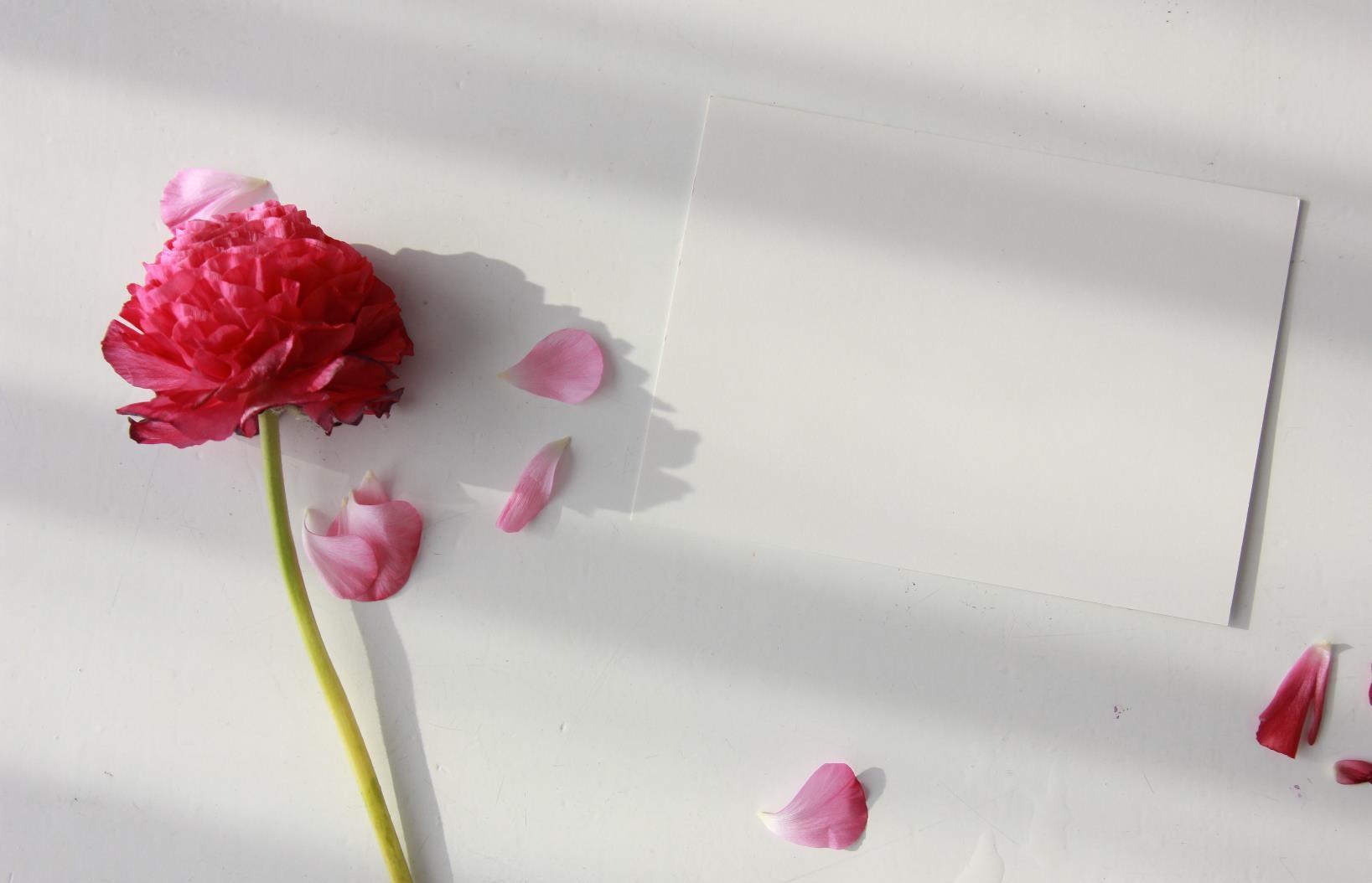
6 minute read
Chronic Illness: A Different Perspective
Chronic Illness: A Different Perspective
Advertisement
By: Zainab Wasay, Karachi, Pakistan
(Names has been changed o protect the privacy of the person whose story we are about to relate)
It is said, just as health is a blessing, illness too is a blessing – in fact many times the latter may be a greater blessing. My dear friend Nafeesa shares her experiences as she found Epilepsy to be one of Allah’s greatest gifts for her.
From the age of twelve to twenty Nafeesa suffered about thirty seizures, although some of them were years apart. From immense psychological pain to five shoulder dislocations, head injuries and countless cuts and bruises, her illness was never easy for her. But Nafeesa decided from day one that she would bear everything with a positive perspective since according to hadith a believer is always in a win-win situation. The Prophet said: Amazing is the affair of the believer as there is good for him in every matter, and this is not the case with anyone except the believer. If he experiences pleasure, he thanks Allah and it is good for him. If harm befalls him, he is patient and it is good for him. (Sahih Muslim)
Thus, one of the first things Nafeesa learnt from Epilepsy was humility. When Nafeesa first began having seizures she never encountered any physical pain. But when the seizure would begin, she’d be conscious for a few moments and watch helplessly as her arms would be twisting and jerking uncontrollably. The psychological pain she would feel then was much worse than physical pain. One day her mother said to her, “Nafeesa, maybe Allah is trying to tell you something by showing you how helpless we as humans really are.” Nafeesa pondered over her mother’s words as she realized that she did need to improve her attitude regarding certain things and so she started changing herself. A few months later many people said to her that she had become a much softer and more easy-going person as compared to how she was before. Nafeesa’s main strength was her connection with Allah and the Qur’an and Sunnah. Since Allah is Al-Hayy, the Ever-Living, the Qur’an too is an immortal book – any person in any age can relate to any of its verses.
Once, after waking up from a seizure, she was lying in bed and crying to herself. It’s worth mentioning that until the age of sixteen, Nafeesa never cried once over her illness. Mostly because she believed it was Allah’s will for her, which was no doubt better for her. But also, because she hadn’t fully comprehended how her illness could affect her life as well as others. This time she was feeling terribly guilty because there had been no negligence on her behalf but because of her everyone would get so worried. She opened the Qur’an in search of solace and the first words that caught her eye were: … , and He sends His thunderbolts to strike anyone He pleases, ... (13:13)
After reading these words, she felt much calmer and a lot less guilty as she realized that it wasn’t her fault, but Allah’s will for her, which is no doubt above all flaws. Then as she continued reading, she couldn’t help but smile: And those who are patient, seeking the countenance of their Lord, and establish prayer and spend from what We have provided for them secretly and publicly and prevent evil with good - those will have the good consequence of [this] home - (13:22)
Once, during a class of Sahih Muslim, Nafeesa read the Hadith about the Ethiopian woman who had Epilepsy. The Hadith goes that Ibn Abbas once said to his student, “Should I show you a woman of Paradise?” He replied, “Of course.” Ibn Abbas said, “This black woman came to the Prophetصلی اللہ علیہ وسلم and said, ‘I suffer epileptic seizures and my body uncovers; please pray to Allah for me.’ The Prophet صلی اللہ علیہ وسلم said, ‘If you wish, you can be patient, and you will earn Paradise (in return). And if you wish, I will invoke Allah to cure you.’ She replied, ‘Rather I will remain patient,’ and added, ‘but I become uncovered, so please invoke Allah for me that I remain covered.’” Thus, he prayed for her after which her body would not uncover during seizures.” (Sahih Muslim).
Though Nafeesa had read this Hadith before, this time she was overjoyed when she read it with Imam Nawawi’s explanation. He wrote that this Hadith tells us that seizures carry immense reward since Muhammad صلی اللہ علیہ وسلم promised Jannah to the woman who suffered them. Before reading this Hadith Nafeesa had read the Hadith of the people who made two migrations and how Abu-Musa-Ash’ari and his companions رضي الله عنها would keep coming to Asma-bint-Umais رضي الله عنها to hear this Hadith from her. Asma رضي الله عنها would say that it was as though nothing in the entire world was more valuable to them than this one Hadith. Nafeesa couldn’t fathom how a single Hadith could be so treasured by someone but she realized that Sahabah رضي الله عنه perceived things very differently from the way we do.
Then one day after waking up from a seizure she recalled the Hadith about the black woman, and she realized how a single Hadith really could be so dear to someone. She and the likes of her were nothing compared to the greatness of Allah; they were just ordinary beings among His infinite creations. But Allah, the Lord of the Universe, still understood their pain and distress. Not only does He understand it, but He also placed a special reward for it. If no one else comprehends what they (the patient ones) were going through, He could. Then why wouldn’t the gift of the Most Merciful be more valuable than the world and all it contains?
Nafeesa’s illness had never been a hurdle in her education. By Allah’s grace, she excelled in both religious and worldly studies. But once she reached marriageable age, after a certain point her parents decided to give her a reality check. One day, her parents explained to her that her illness could be a potential hurdle in getting her married. Nafeesa didn’t say anything then but once inside her room, she cried her heart out. It was understood that they (her parents) wouldn’t hide her medical condition from anyone interested in marrying her. She got another sign from Allah when she opened the Qur’an. Allah (SWT) said: And it is He who has created from water a human being and made him [a relative by] lineage and marriage. And ever is your Lord competent [concerning creation]. (25:54).
Nafeesa stopped crying right then. She shyly smiled as she realized that she didn’t need to worry about her marriage since Allah had already written who would marry her. Not after too long, a proposal came from Nafeesa’s own relatives and despite telling them the details of her illness they still want her hand in marriage. Their reason was to marry her for her Deen. After the marriage, they took care of her medical needs as her own family would have done, Alhamdulillah.
No disaster strikes except by permission of Allah. And whoever believes in Allah - He will guide his heart. And Allah is Knowing of all things. (64:11)







